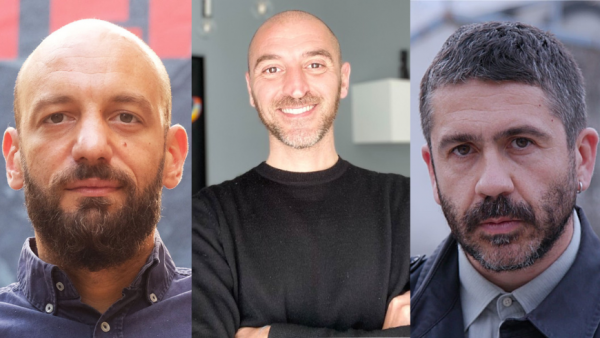The International Press Institute (IPI) is proud to congratulate its member and former IPI Finnish National Committee Chair Tapani Ruokanen for winning the Jenny and Antti Wihuri Foundation’s Honorary Award on Oct. 9.
The prize is awarded each year by the Finnish Jenny and Antti Wihuri Foundation in support of persons who make important contributions to science, the arts, and culture. Tapani was granted 30,000 euros for his achievements as a ‘versatile actor’ in the media industry.
He is known for his editorial work at the helm of Finnish weekly news magazine Suomen Kuvalehti, where he was Editor-in-Chief from 1996-2014, and a writer from 1980-1986. Known for his critical approach to current events and fearlessly sharp pen, Ruokanen is a strong advocate for press freedom. He has been active in numerous NGOs, including Save the Children Association, the Christian Cultural Association (now Fokus Association), The Finnish Red Cross, and the Advertising Ethics Council.
Tapani first caught the journalism bug as a young person writing articles for the most northern newspaper in the world, Lapin Kansa, located on the Polar Circle in his native Lapland. Active in the church, he went on to study Theology and Political Science at the University of Helsinki, and then continued his studies at Sanoma School of Journalism. He was ordained a Lutheran priest in 1973. He spoke briefly with IPI this week about the award and his diverse career.
You are both an accomplished journalist and a Lutheran priest with a Masters degree in Theology. Has your theological training helped you in your media career?
Yes, very much. Almost all the crises today have some religious elements. During the cold war it was very interesting to see how much the communist system tried to use religious elements in its propaganda. Theology helped me to understand human nature and behaviour.
You are famous for having a ‘sharp pen,’ and being a critical voice. Are there any current situations in the news that need more critical media attention?
Critical journalism is needed daily to bring “bad news” onto the public agenda, [where it can] be solved in the political process. This is how democracy works. Press freedom is the most important element in the rule of law. Every generation must learn to respect press freedom, to preserve it. [The] situation in Ukraine needs critical reporting on the spot – when reporters tell what is going on, propaganda is powerless.
What are the most important issues you have covered during your career?
When I was a traveling reporter and war correspondent in the 1980s, there were a lot of different kinds of crises in the Middle East, Africa, Southeast Asia, Latin America, but also in Poland and other problems in the so called European socialist bloc. Reporting as [an] eyewitness was important.
[I]nterviews with the heads of states, freedom fighters and human rights activists were also important. [Those include interviews with] Oliver Tambo, Yasser Arafat, Jitzhak Shamir, Desmond Tutu, Lech Walesa, Wojciech Jaruzelski, and Mother Teresa.
Since you are also a strong advocate of mentoring, what advice would you give young journalists, or human rights advocates starting out in the field?
Never give up and report exactly what you see, hear and smell. Do your homework about the backgrounds carefully to be sharp and critical when interviewing. Kill your own darlings. Life is authentic at the top and bottom level – try to be there.


